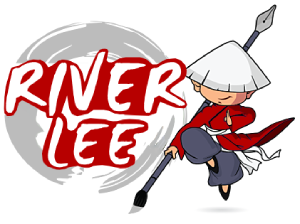What is CRM Software and 15 Effective Customer Relationship Management Solutions
- Published on
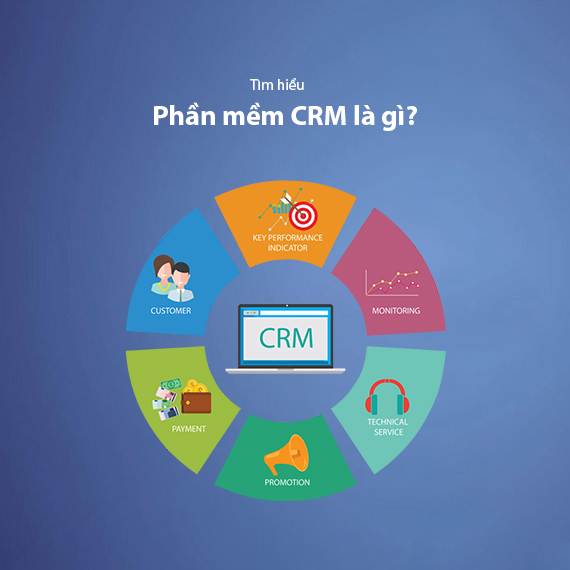
- What is CRM Software?
- Benefits of CRM Software
- Who Uses CRM Software in a Business?
- How to Use CRM Software Effectively
- Key Features of Effective CRM Software
- Top 5+ Popular CRM Software in Vietnam
- MISA AMIS CRM
- CRM Việt
- CRM NextX
- Getfly CRM
- Fastwork CRM
- Top 10+ Best International CRM Software
- Salesforce
- HubSpot CRM
- Zoho CRM
- Sugar CRM
- Microsoft Dynamics 365
- Freshworks CRM
- Insightly
- Vtiger CRM
- InStream CRM
- Pipedrive CRM
- Conclusion
What is CRM Software?
CRM Software (Customer Relationship Management) is a technological solution designed to manage and build customer relationships, from initial contact to post-sale activities. Instead of managing information through manual spreadsheets or disconnected tools, CRM software centralizes all essential data such as customer information, transaction history, feedback, and sales activities into a single system. This helps businesses not only track the customer journey in detail but also optimize sales, customer service, and marketing processes in an automated and efficient way.
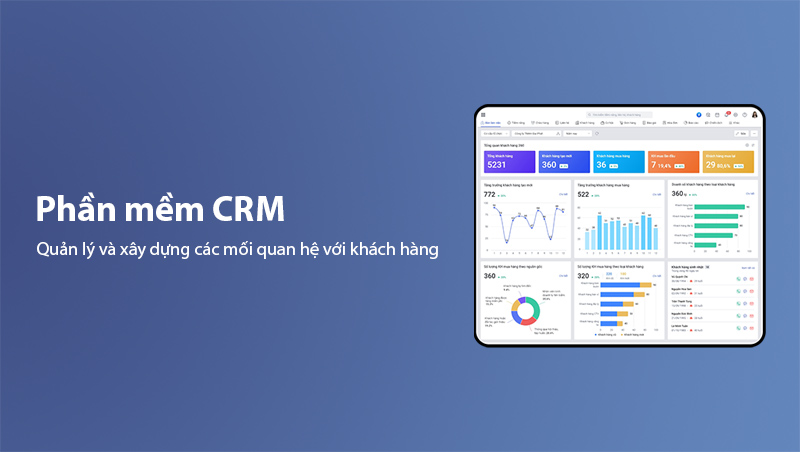
Understanding what CRM is and how to use it can help businesses maximize sales opportunities, enhance customer experience, and create a sustainable foundation for long-term development.
Benefits of CRM Software
Implementing CRM software brings many practical benefits, helping businesses optimize operations and improve business performance:
- Improved customer service: CRM stores comprehensive customer information, such as transaction history, feedback, and interactions across various channels. This enables employees to quickly access data when needed, offering personalized experiences and increasing customer satisfaction.
- Increased sales: Features like lead management and sales process automation help businesses focus on target customer groups and increase conversion rates.
- More effective marketing campaigns: CRM allows businesses to set up and track personalized marketing campaigns based on customer habits and behaviors, optimizing costs and improving outreach.
- Enhanced management and decision-making: With data analysis and detailed reporting capabilities, CRM helps managers track business performance, measure key metrics, and make strategic decisions more accurately.
- Customer retention: CRM records and addresses customer requests promptly, improving service quality and fostering customer loyalty.
These benefits explain why CRM is not only suitable for large enterprises but also essential for small and medium-sized businesses seeking sustainable growth.
Who Uses CRM Software in a Business?
CRM software supports multiple departments within a business, from frontline employees to senior management:
- Sales department: CRM helps sales staff track the stages in the sales process, from identifying potential customers and monitoring transactions to closing deals. With a centralized management system, they can quickly capture customer information and develop suitable engagement strategies.
- Marketing department: With CRM, the marketing team can analyze customer behavior, segment customers, and deploy large-scale personalized marketing campaigns easily.
- Customer service department: CRM enables customer service staff to manage service requests, respond promptly, and store interaction history to improve service quality.
- Senior management: Leaders use CRM to track key performance indicators (KPIs), measure business performance, and analyze data to make strategic decisions.
- Finance and accounting department: CRM can integrate with financial tools to monitor payments, outstanding balances, and generate financial reports related to customer revenue.
- Technical support department: For businesses providing technical services, CRM helps track maintenance history, customer support requests, and ensures timely and efficient issue resolution.
With its multi-functional role, CRM software is suitable for most businesses in sectors such as e-commerce, retail, real estate, financial services, and more. Coordination between departments through a unified platform enhances work efficiency and improves the overall customer experience.
How to Use CRM Software Effectively
To fully leverage the benefits of CRM software, businesses should implement and use it correctly through the following steps:
-
Set clear goals: Before implementation, businesses should identify their CRM usage goals, such as increasing sales, enhancing customer experience, or optimizing the sales process. This helps choose features and configurations that align with real needs.
-
Train employees: One crucial factor is training employees to use CRM proficiently. This ensures that all departments understand how to operate the software to fully utilize its features, from proper data entry to generating effective reports.
-
Integrate with other systems: To optimize performance, integrate CRM with systems such as email management, accounting software, or sales tools to create a seamless workflow and minimize manual tasks.
-
Regularly update and manage data: Customer data should be updated regularly to avoid errors or outdated information. Proper data management makes it easier for businesses to analyze and make strategic decisions.
-
Use reporting and analytics features: CRM often comes with analysis tools that help businesses monitor sales performance, evaluate the success of marketing campaigns, and measure customer conversion rates. Businesses should frequently use these reports to adjust strategies in a timely manner.
-
Personalize customer experiences: Use CRM to personalize messages sent to customers based on transaction history, shopping behavior, and previous interactions to enhance satisfaction and increase customer retention opportunities.
By applying these principles, businesses can not only optimize sales and customer service operations but also enhance internal collaboration, enabling the entire system to operate effectively and cohesively.
Key Features of Effective CRM Software
An efficient CRM software must include core features to maximize customer management and support processes. Here are the important features businesses should prioritize when selecting CRM software:
- Customer information management: Allows storing detailed customer information such as names, phone numbers, emails, interaction history, and related notes. This feature helps staff easily access customer records and prepare personalized communications.
- Lead management: Supports tracking the process from initial contact with potential customers to closing deals. This helps businesses identify areas for improvement in the sales process.
- Sales process automation: Automates steps such as sending promotional emails, setting call reminders, or sending quotes, helping sales staff save time and focus more on closing deals.
- Omnichannel integration: Modern CRMs often integrate with various communication channels such as email, SMS, social media, and live chat applications, allowing businesses to interact with customers across multiple platforms.
- Task and appointment management: Helps staff schedule appointments, track daily tasks, and receive reminders to ensure no important meetings or calls are missed.
- Reporting and analytics: Provides visual reports on sales performance, marketing campaigns, potential customers, and revenue. These charts and statistics help managers make accurate and timely business decisions.
- Customer support management: The CRM system logs support requests, response history, and resolved issues, thereby improving response times and service quality.
- Integration with other software: A robust CRM can integrate with tools such as financial management systems, ERP, or e-commerce platforms to optimize management processes.
Selecting a CRM with all these features helps businesses manage effectively from lead generation and customer care to improving sales activities and after-sales services.
Top 5+ Popular CRM Software in Vietnam
In the Vietnamese market, many businesses have adopted CRM software to manage customer relationships and drive revenue growth. Here are 5+ notable CRM software options trusted by many businesses:
MISA AMIS CRM
MISA AMIS CRM is one of the leading solutions in Vietnam, featuring multi-channel integration and in-depth sales management tools. The software helps businesses standardize their sales processes from lead generation to closing deals.
- Key advantages:
- Centralized customer information management in a single system.
- Automatic reminders for sales activities such as sending quotes and post-sale follow-ups.
- Visual reports for easy tracking of business performance.
CRM Việt
CRM Việt is a "locally-tailored" solution designed to suit the business characteristics of domestic companies. With a user-friendly interface and high customizability, the software enables businesses to implement it without extensive training.
- Main features:
- Customer management by specific segments.
- Integration of email marketing and SMS customer care.
- Complete interaction history tracking to enhance customer experience.
CRM NextX
CRM NextX focuses on small and medium-sized businesses, offering multi-platform management from web to mobile. The software supports managing marketing campaigns, sales, and customer care through a simplified, user-friendly interface.
- Strengths:
- Effective lead and opportunity management.
- Detailed performance reports and conversion rate tracking.
- Flexible customization and easy KPI tracking for each employee.
Getfly CRM
Getfly CRM is highly regarded for its ability to automate customer care processes. This software is particularly suitable for businesses seeking to save time in building standardized sales workflows.
- Key features:
- Automatic reminders for regular customer care schedules.
- Multi-channel communication integration such as Facebook, Zalo, and Email.
- Detailed customer data analysis and trend prediction.
Fastwork CRM
Fastwork CRM focuses on optimizing the sales process with real-time reporting features. This software helps businesses improve productivity and effectively manage team collaboration.
- Advantages:
- Clear sales pipeline management from lead to closure.
- Task-sharing features and team progress tracking.
- User-friendly interface and easy navigation.
Vietnamese CRM software such as MISA AMIS CRM, CRM Việt, or Getfly CRM provides features tailored to domestic business needs. Businesses should consider their specific requirements to choose the optimal CRM solution that enhances productivity and customer care quality.
Top 10+ Best International CRM Software
In addition to domestic solutions, many Vietnamese businesses choose international CRM software for their modern features and high customizability. Below is a list of 10+ highly rated CRM software worldwide:
Salesforce
Salesforce is the world's leading CRM software, known for its diverse ecosystem and robust customization capabilities. This solution is suitable for both small businesses and large corporations due to its flexible scalability.
- Advantages:
- Manage sales, marketing, and customer service on a single platform.
- Integrated AI (artificial intelligence) for data analysis and business trend prediction.
- Real-time detailed reporting.
HubSpot CRM
HubSpot CRM is known for its intuitive interface and offers a free version with full basic features. It is an ideal solution for small and medium-sized businesses looking to start with low costs.
- Key features:
- Automatically tracks emails, calls, and meetings with customers.
- Integrates marketing and sales tools to enhance customer interaction efficiency.
- Supports easy sales funnel management.
Zoho CRM
Zoho CRM is a flexible and affordable CRM solution suitable for businesses across various industries. This software offers customer management and marketing automation features on a cloud-based platform.
- Main advantages:
- Integrates multiple tools such as email, social media, and chatbots.
- Supports automatic lead distribution and suggests appropriate actions for the sales team.
- Provides customizable reports as needed.
Sugar CRM
Sugar CRM is an open-source solution that allows businesses to fully customize the CRM system according to their specific needs. It is an ideal choice for companies looking to control the entire internal data process.
- Unique features:
- Customizable interface and workflow.
- Supports automated sales and customer service processes.
- Integrates with other systems through powerful APIs.
Microsoft Dynamics 365
Microsoft Dynamics 365 is a management system that integrates CRM and ERP solutions, providing high flexibility in managing overall business operations.
- Key strengths:
- Direct integration with tools in the Microsoft ecosystem, such as Outlook, Excel, and Teams.
- AI technology support for customer demand forecasting.
- Multi-platform management, from computers to mobile devices.
Freshworks CRM
Freshworks CRM (formerly Freshsales) stands out for its automated sales management and detailed data analysis capabilities. It is an ideal solution for businesses looking to simplify the sales process.
- Key features:
- Tracks customer journeys from the first interaction to closing deals.
- Integrates with applications such as email, phone calls, and social media.
- Intelligent forecasting system to improve sales strategies.
Insightly
Insightly is a popular CRM software for businesses operating in a project-based model, especially suitable for professional service companies.
- Outstanding features:
- Detailed project and task management.
- Seamlessly tracks customer interactions.
- Supports visual reports and integrates analytics tools.
Vtiger CRM
Vtiger CRM offers a versatile customer management solution, integrating marketing and customer service tools into one platform.
- Advantages:
- Automatically assigns leads to sales team members.
- Tracks transaction history and conversations with customers.
- Provides detailed reports on team performance and sales pipeline status.
InStream CRM
InStream CRM is designed with a focus on building long-term customer relationships. This software is suitable for businesses aiming to enhance personalized customer interactions.
- Key features:
- Records and analyzes customer interaction history.
- Provides tools to monitor performance related to specific customer groups.
- Manages tasks and sends automatic reminders.
Pipedrive CRM
Pipedrive is known for its effective sales pipeline management, helping businesses track the entire customer journey from prospecting to closing deals.
- Strengths:
- Drag-and-drop interface for easy sales funnel adjustments.
- Supports integration with tools like email, calendars, and other business applications.
- Provides detailed reports on conversion rates and sales performance.
International CRM software such as Salesforce, HubSpot, and Microsoft Dynamics offer comprehensive and robust solutions suitable for both small businesses and large corporations. Depending on the business scale and specific needs, companies can choose an appropriate CRM solution to enhance customer relationship management and overall business efficiency.
Conclusion
Implementing CRM software is no longer just a trend but has become an essential part of modern business management and development strategies. With the ability to centralize customer information, automate sales and customer service processes, CRM helps businesses improve productivity, optimize costs, and increase customer retention rates.
From domestic solutions like MISA AMIS CRM and Getfly CRM to international software such as Salesforce and HubSpot, each tool has its unique advantages, suitable for different types of businesses. The key is for businesses to understand their needs to select a CRM solution that fits, avoiding wasted resources and time.
When deployed correctly, CRM software becomes a "trusted assistant" that helps businesses build sustainable customer relationships, increase revenue, and strengthen their market position. Businesses can start with free solutions or trial versions to find the most suitable software before implementing it on a larger scale.
Latest Posts
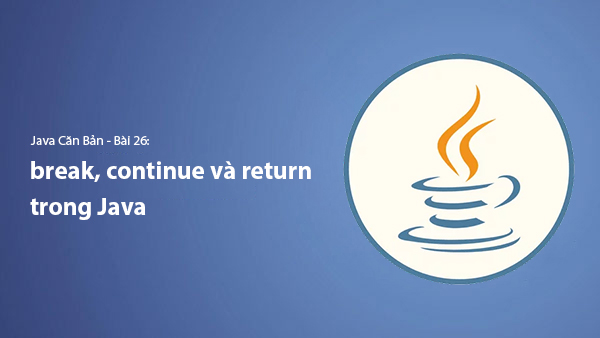
Lesson 26. How to Use break, continue, and return in Java | Learn Java Basics
A guide on how to use break, continue, and return statements in Java to control loops and program execution flow effectively.
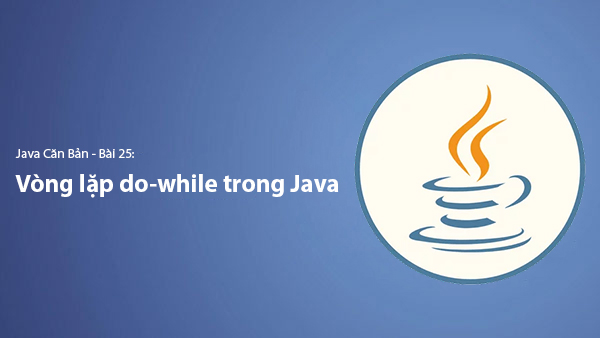
Lesson 25. The do-while Loop in Java | Learn Basic Java
A detailed guide on the do-while loop in Java, including syntax, usage, examples, and comparison with the while loop.
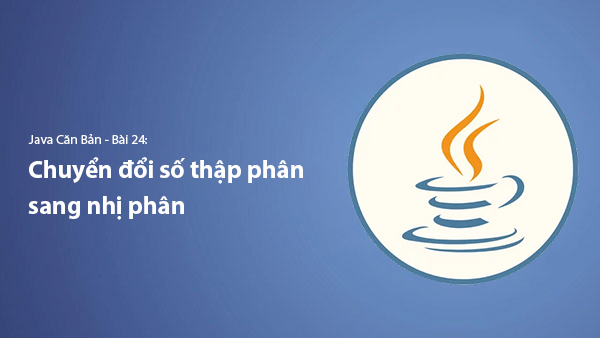
Lesson 24. How to Convert Decimal to Binary in Java | Learn Basic Java
A guide on how to convert numbers from the decimal system to the binary system in Java using different methods, with illustrative examples.
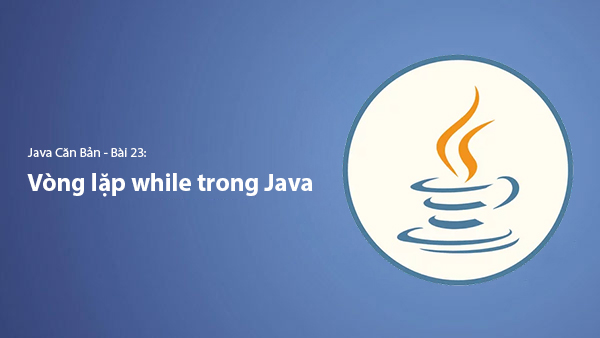
Lesson 23. How to Use the While Loop in Java | Learn Java Basics
Learn how to use the while loop in Java with syntax, real-world examples, and practical applications in Java programming.
Related Posts
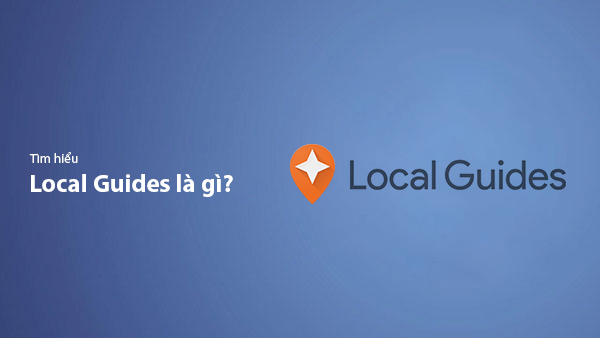
What Is Local Guide? Benefits of Becoming a Local Guide on Google Maps
Local Guide is a community program by Google Maps where users can contribute reviews, photos, and location information to improve map data. This article explains what Local Guide is and the benefits of being an active member.
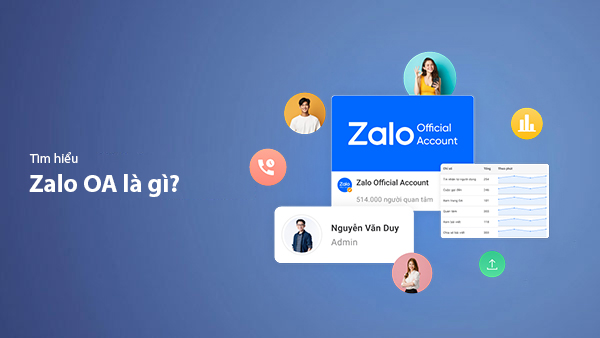
What is Zalo OA? A Detailed Guide to Creating Zalo Official Account for Businesses
Zalo Official Account (Zalo OA) is a crucial tool that helps businesses connect with customers and optimize their online business operations. This article provides a step-by-step guide on how to create a Zalo OA from A to Z.
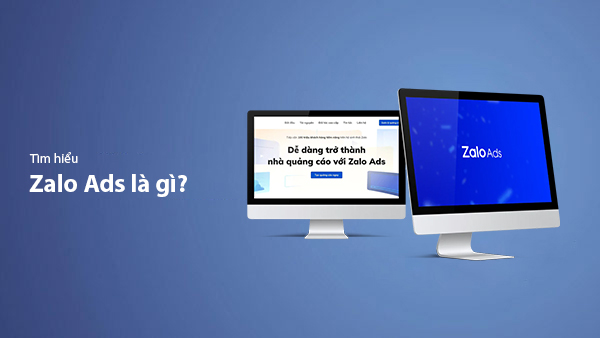
What is Zalo Ads? A Guide to Running Effective Zalo Ads
Discover what Zalo Ads are and learn how to run effective Zalo advertising campaigns to reach customers and boost sales in the digital era.

What is Evergreen Content? 11+ Tips to Create Timeless Content in 2025
Learn what Evergreen Content is and discover 11+ effective tips to create timeless content that will help maintain long-term SEO performance for your website.

